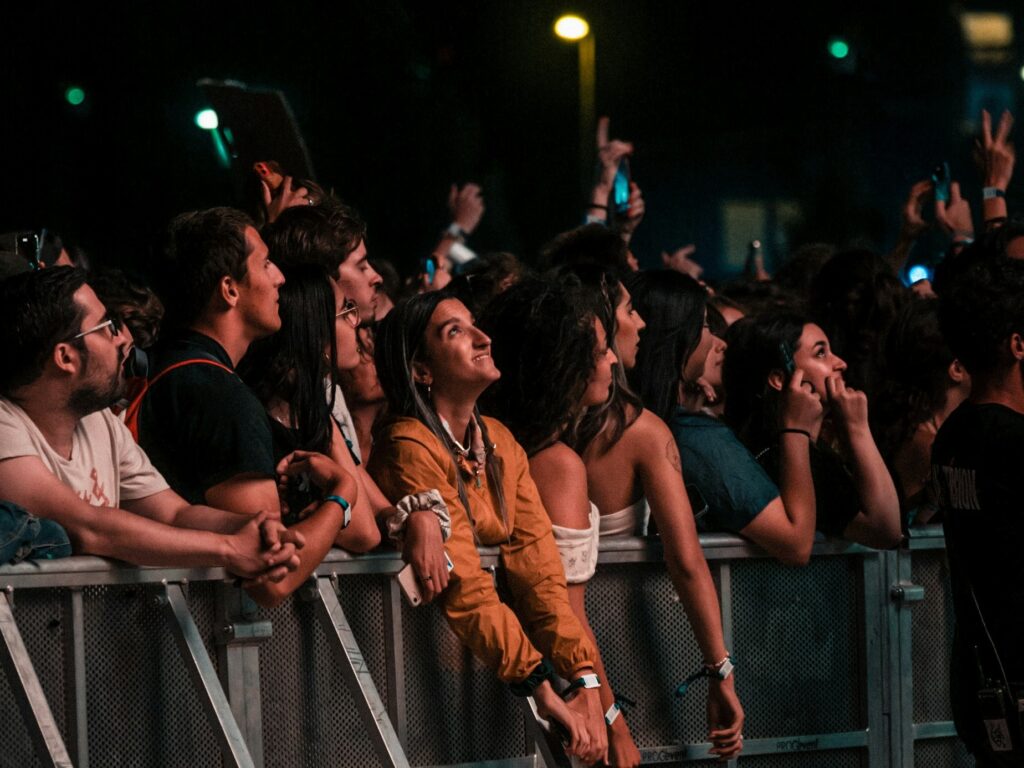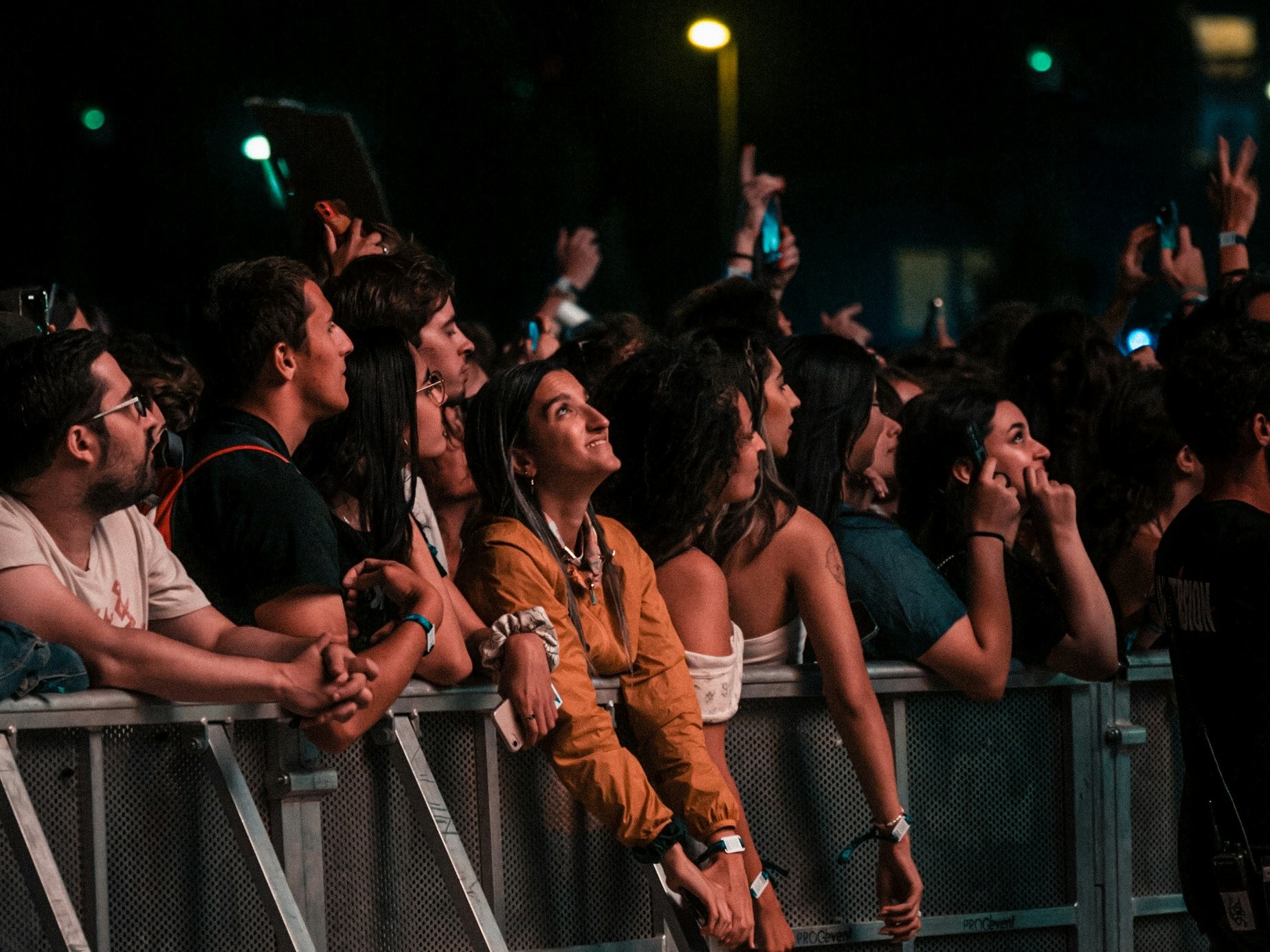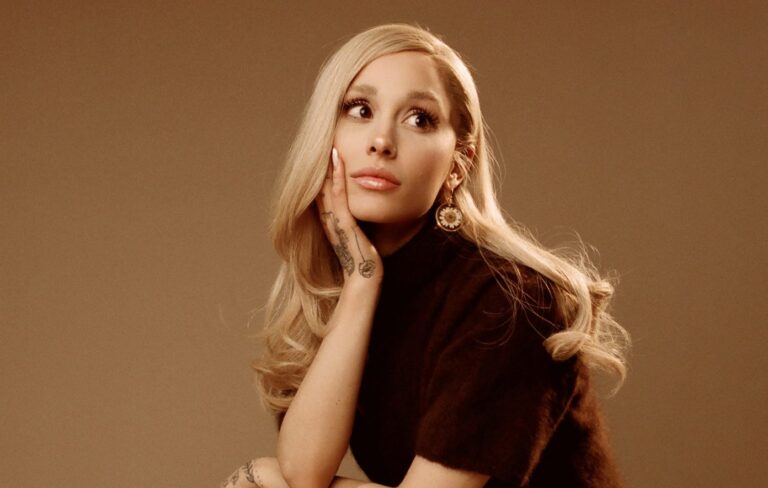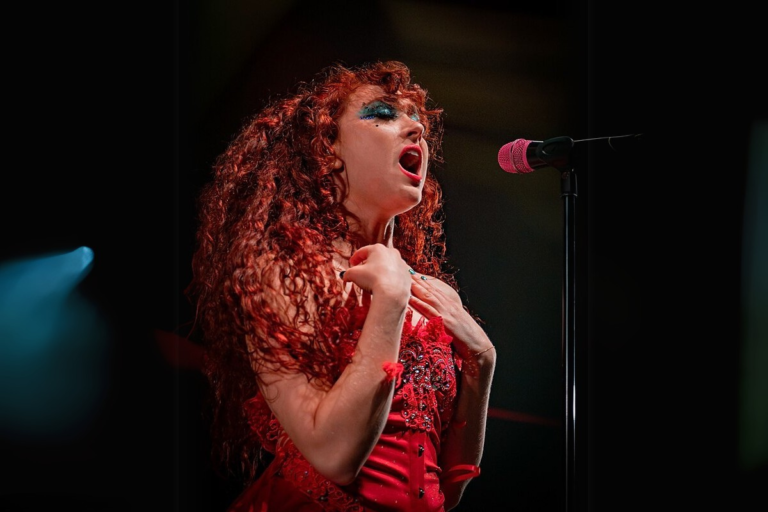Why Do Fans Try to “Gatekeep” Their Favourite Artists?: An Investigation

The debate over what makes a “real fan” is a common discussion across all fandoms in and out of music. Whether it’s a legendary rock act you first saw at a local pub twenty years ago, or a small indie band whose first ever gig you attended, there will always be a diehard group of supporters who try to claim ownership as the original fans. But why do some people feel the need to “gatekeep” and shield their favourite artists from mainstream popularity?
Discovering an artist early in their career and following their journey is one of the most endearing things to witness as a fan. Watching them perform in small venues, interacting with them on social media, and seeing their artistic growth through the years are aspects of being a fan that rely on you finding someone early enough, whilst they are still small. Some fans actively promote their favourite artist at this stage, sharing their music and helping them gain as much recognition as they can. Others take the opposite approach, choosing to gatekeep in an attempt to keep them small and undiscovered.
At first glance, gatekeeping seems counterintuitive. Why would a fan not want their favourite musician to achieve success beyond their wildest dreams? However, early supporters often form deep emotional attachments to an artist and their music. They become part of an intimate and niche community and aim to keep this group small out of fear that outside influence will tarnish what makes the artist special. In today’s social media-driven world, where artists can skyrocket to fame overnight, this fear only seems to have heightened. Fans worry that sudden popularity will invite negativity, commercial pressure, or a loss of authenticity. Some artists also thrive within these smaller communities, maintaining a personal connection with their core fandom to ensure their music is reaching their intended audience. By gatekeeping, fans may believe they are protecting the artist’s identity and the freedom that comes with being an independent musician.
Being part of a core fandom is a unique opportunity to support and uplift an artist you truly connect with. Word-of-mouth recommendations are invaluable in helping emerging musicians reach new audiences and grow. There’s also something incredibly special about sharing a song with a friend and seeing it resonate with them. One of the greatest joys of being a fan is introducing someone to an artist and hearing them say they’ve fallen in love with their music. Instead of keeping an artist to yourself, why not invite others into the world you love and share in the excitement of watching them thrive?
Despite these mostly well-mannered intentions, problems arise when early supporters develop a sense of superiority over newer fans. Some believe that no amount of passion from new listeners can compare to their years of dedication. This mindset can create hostility within fandoms, where veteran fans judge the newcomers based on their favourite songs, knowledge of deep cuts, or familiarity with inside jokes. Instead of welcoming others, they exclude and diminish newer supporters, ultimately hindering the growth of the community they love and care so deeply about.
While gatekeeping can be exclusionary, at its core this mindset stems from a place of care and protectiveness. Fans who have witnessed other artists struggle with fame and industry exploitation may feel an understandable urge to shield emerging talent. The music industry is notoriously difficult to navigate, and gaining a following on social media brings a whole set of challenges on its own. A larger audience means more scrutiny, more potential for hate, and more expectation to hold themselves to a certain standard. Fans who have already witnessed artists facing these challenges may try to slow the rise to fame of others as a means of protection.
Social media seems to have amplified gatekeeping in recent years. In the past, artists built their careers through years of live performances, albums, and strategic industry moves. From this perspective, those with the power to propel an artist to a wider audience were record labels and radio stations with marketing budgets able to spread the word through media outlets. Today, platforms like TikTok can turn an unknown musician into a viral sensation overnight. This rapid route to fame could lead to a scarcity mindset, with fans worrying that mainstream success will fundamentally change both the artist and their experience as a supporter. Ticket prices would increase, small and intimate shows would become a distant memory, and personal interactions become less and less frequent. For those who rely on exclusivity and feeling a personal bond, keeping an artist underground feels like the only way to maintain that special connection.
Although social media may be a contributing factor to why fans seem to try and keep artists small, gatekeeping in music is not a new phenomenon. Long before social media, it was present within specific genres and periods. Punk rock and other progressive styles thrived in underground music scenes, relying solely on word of mouth to promote them and help sell out their small shows. This style of music was so centred around rejecting conformity and challenging the mainstream world that it inherently rejected fame and commercialisation. Jazz and blues musicians in the 1920s and 1930s also faced similar criticism when evolving their musical genre was seen as straying too far from the jazz purist roots. While huge success introduces wider audiences to genres that aren’t typically on the radar of mainstream media, it often comes at the cost of alienating original fans who believe that exposure dilutes an artist’s authenticity.
Part of this is also rooted in the nostalgia factor that comes from supporting a band in their early days. Green Day falls under this category along with bands like Arctic Monkeys or Coldplay. Fans will feel the biggest emotional connection to the period of time when that artist first resonated with them. When bands are seen to stray too far from this sound, long-time fans feel a sense of loss or rejection, as if they have moved on from what gave them their unique sound in the first place. This puts artists in an impossible situation, where they are either cornered into a very niche and under-developed sound that first clicked with a small audience, or evolving their music and risk losing the core fanbase. Gatekeeping can feel like the solution to this issue as, while music is kept as a hobby for a smaller artist, development and releases may be slow. However, resisting such change in the name of clinging to the initial nostalgia only limits both the artist and the listeners’ experience.
The competitive nature of core fandoms plays a significant role in why gatekeeping is so prevalent in modern music culture. Fans now vie for everything from setlists and guitar picks at concerts to social media interactions and having their concert clips go viral. This sense of competition creates a hierarchy where long-time supporters feel more entitled to these experiences than casual listeners. As a result, some fans resort to gatekeeping, believing that keeping an artist underground will limit competition and preserve their personal connection. Psychologically, this behaviour ties into the idea of parasocial relationships, the one-sided bonds fans develop with celebrities, often blurring the line between admiration and possessiveness. Some fans feel such a deep attachment that they begin to believe they have a say in the artist’s career or personal life. This sense of entitlement has been reinforced by celebrity culture, where excessive access to artists is often normalized. However, artists like Chappell Roan have begun pushing back, reminding fans that simply consuming an artist’s work does not grant them ownership or control over their life. The increasing prevalence of behaviours like tracking artists’ whereabouts, showing up uninvited to hotels, and feeling personally slighted when an interaction doesn’t go as hoped highlights the extreme end of gatekeeping. Fans can attempt to control not only an artist’s success but also their personal boundaries. This raises the most important question: is gatekeeping truly about protecting the music, or is it about maintaining a false sense of closeness and superiority?
Despite the negatives, most gatekeeping comes from a place of love and protection rather than malice. A small minority of fans take it to the extreme and adopt a mindset of superiority, but for many, being part of a tight-knit community is one of the most rewarding aspects of following an artist. The ability to connect with others over shared musical interests, form friendships, and experience unforgettable live performances is one of the most life-enriching experiences imaginable.
If you’ve ever felt the urge to gatekeep an artist, ask yourself: Who truly benefits from this mindset? Music’s greatest power lies in its ability to connect people. If a song or artist resonates with you, chances are it will resonate with others too. Instead of keeping them to yourself, share their music and celebrate their success—both you and your favourite artist will be grateful you did.







